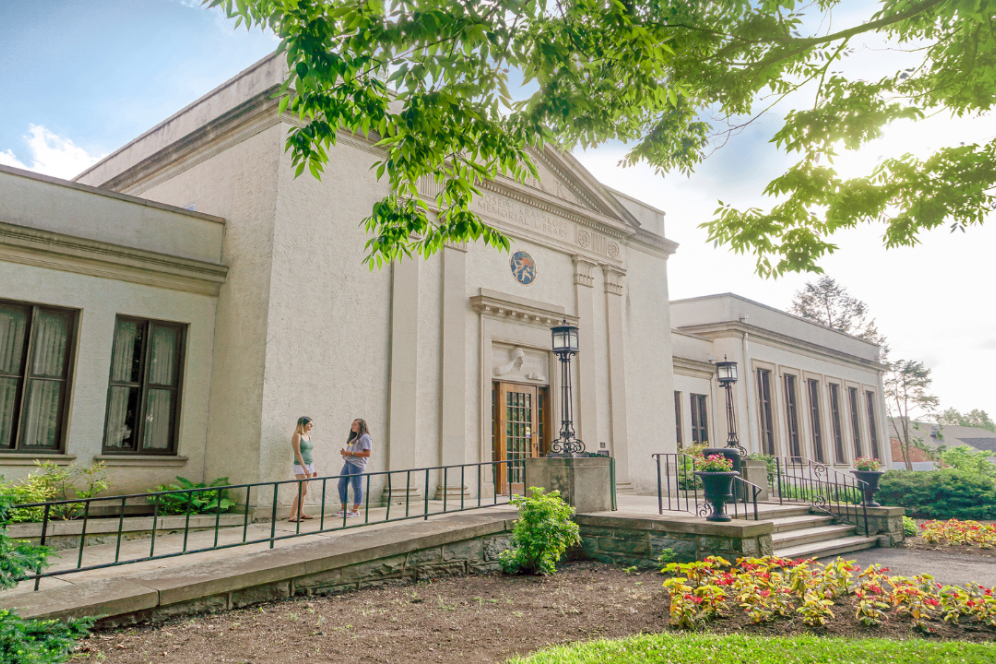The One Health Communication minor provides students with the opportunity to bridge the study of writing and rhetoric with the sciences. Students who complete this minor will enhance their analytical and communication skills related to sciences including the University’s pre-veterinary, pre-health, STEM and science programs. They will gain skills for effectively communicating science topics to non-scientists and the general public. The development of the One Health Communications minor was supported by a Connections Planning Grant from the National Endowment for the Humanities.

One Health is a global initiative that recognizes the interconnectedness of people, animals and the environment. It is a multi-disciplinary approach that works locally, regionally, nationally, and globally to attain optimal well-being for people and society, the environment and plants, and animals. Together, the three major components make up the One Health triad, and the well-being of each is inextricably linked to the others in the triad.
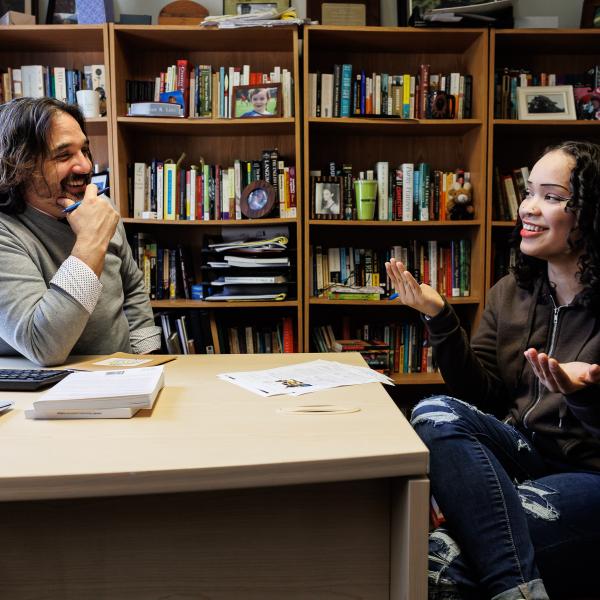
The One Health Communication minor consists of five interdisciplinary courses focused on how ideas and meanings are produced and delivered. The learning objectives are for students to develop the theoretical, rhetorical, and multimodal communication skills required to combat the misinformation; broaden their understanding of the function of culture in translating and producing scientific hypotheses and laws; deepen their ability to produce counter-messaging and to understand and resist propaganda and conspiracy theories; and sharpen their skills in translating and presenting complex, specialized knowledge for a popular audience without losing meaning in a jargon-free translation.
Students will explore the rhetorical techniques specific to science writing, especially popular science writing. This course will be key to understanding the gaps between communication, reading literacy, and scientific literacy, and will rely on popular science media including television shows like “Cosmos” and magazines like Popular Science. Students taking this course will learn the cues and miscues of writing scientific arguments for a broad audience. Students will also analyze the pros and cons of texts like “The Elegant Universe” by Brian Greene and “In Pursuit of the Unknown” by Ian Stewart.
With a course mantra of “those who control the language, control the universe,” students engage with rhetorical, compositional, and communicative theories. Building on the basic techniques introduced and explored in College Writing I and II, students begin advanced study of how the craft of writing shapes meaning and, ultimately, belief. A section of this course will rely on readings from Mikhel Bahktin’s “The Dialogic Imagination” as well as from “Ways of Reading” by David Bartholomae, Anthony Petrosky, and Stacey Waite.
This course will consider the ways in which various scientific disciplines have developed unique subcultures, and the importance of being able to understand and analyze those cultures as they exist in dialogic relationship to the larger geographic and ideological cultures that shape them. It will also explore the ways cultures have influenced our understanding of science. By course end, students will recognize the necessity of understanding nuances when anticipating audience, and the ways those dialogic relationships affect belief. This course will rely on readings such as “Where Mathematics Come From” by George Lakoff and Rafael Nuñez, “Companion to American Technology” edited by Carroll Pursell, and “The Mismeasure of Man” by Stephen Jay Gould.
The cornerstone of the revised English curricula, this course will explore the function and skill of storytelling. Students will consider the connection between narratives and belief, acceptance of information, and how we assess “truth.” Story, in this class, will mean anything from how we report the news, to how we understand climate change, to how Shakespeare crafted Macbeth. Texts in this course include Roland Barthes’s “Mythologies and The Science of Storytelling” by Will Storr.
All DelVal students complete a Core Capstone Project ad part of the core curriculum. These cumulative, public-facing projects are designed to demonstrate interdisciplinary awareness and practice. This course will fulfill this requirement by focusing specifically on the interactions of scientific disciplines and humanistic thinking. It will concentrate on how and where human knowledge comes from and the dangers of confusing or ignoring different types of knowledge. Texts for this course include Michel Foucault’s “The Archeology of Knowledge,” Neil Postman's “Amusing Ourselves to Death,” and Paolo Freire's “The Pedagogy of the Oppressed.”
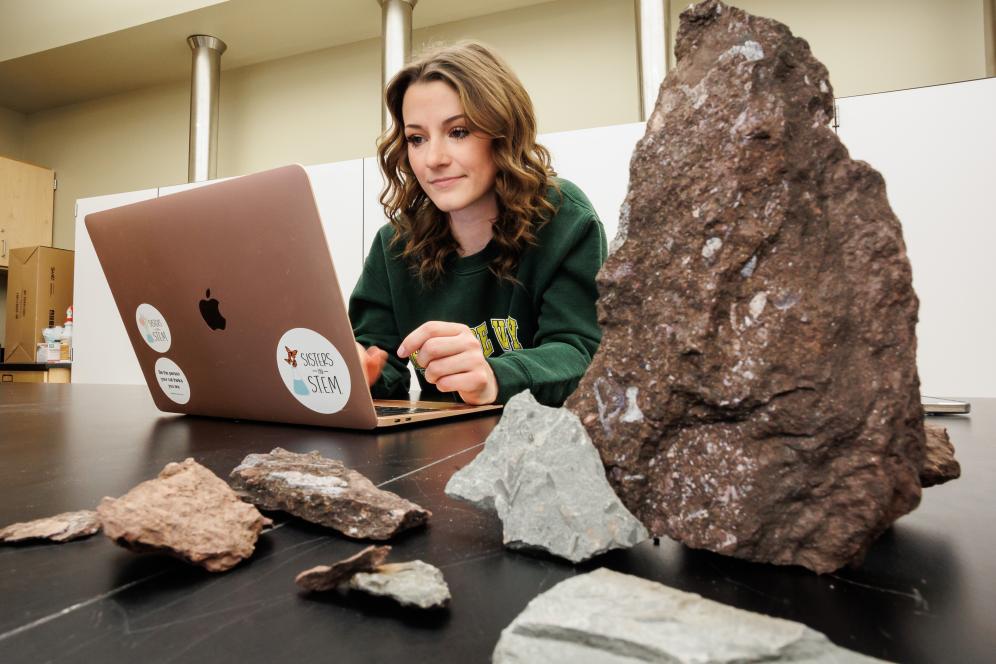
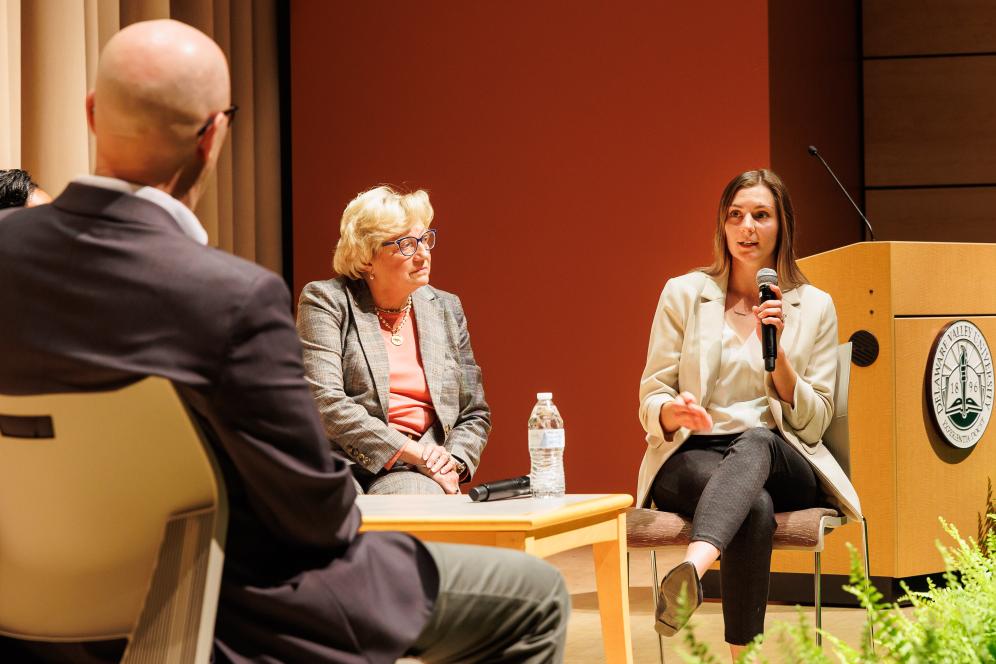
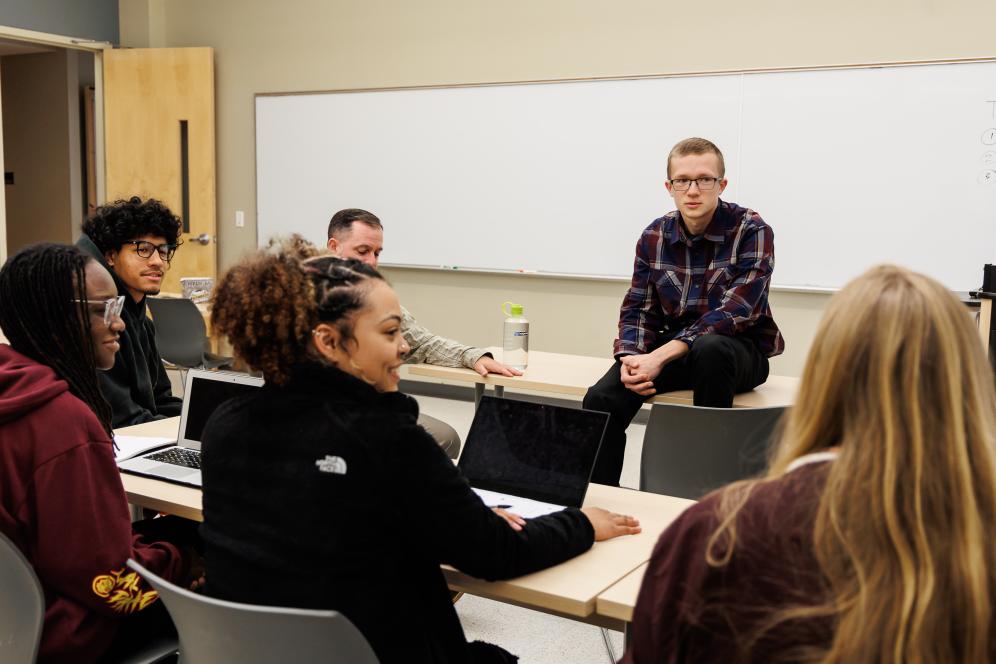
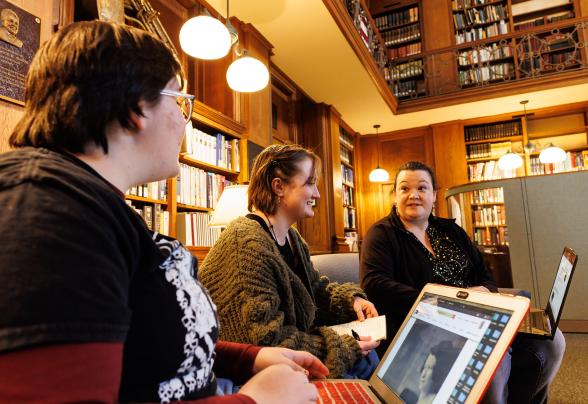

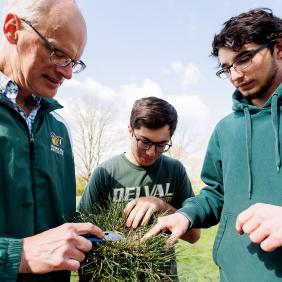

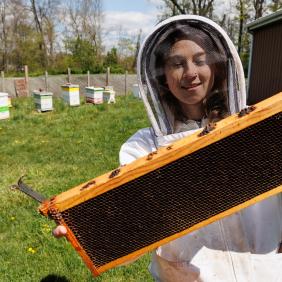
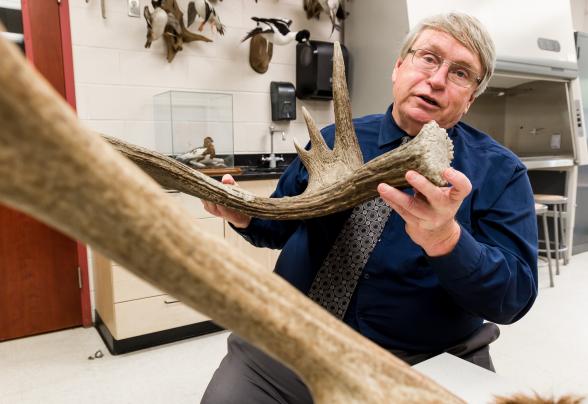
Office Location: Miller Hall 100
